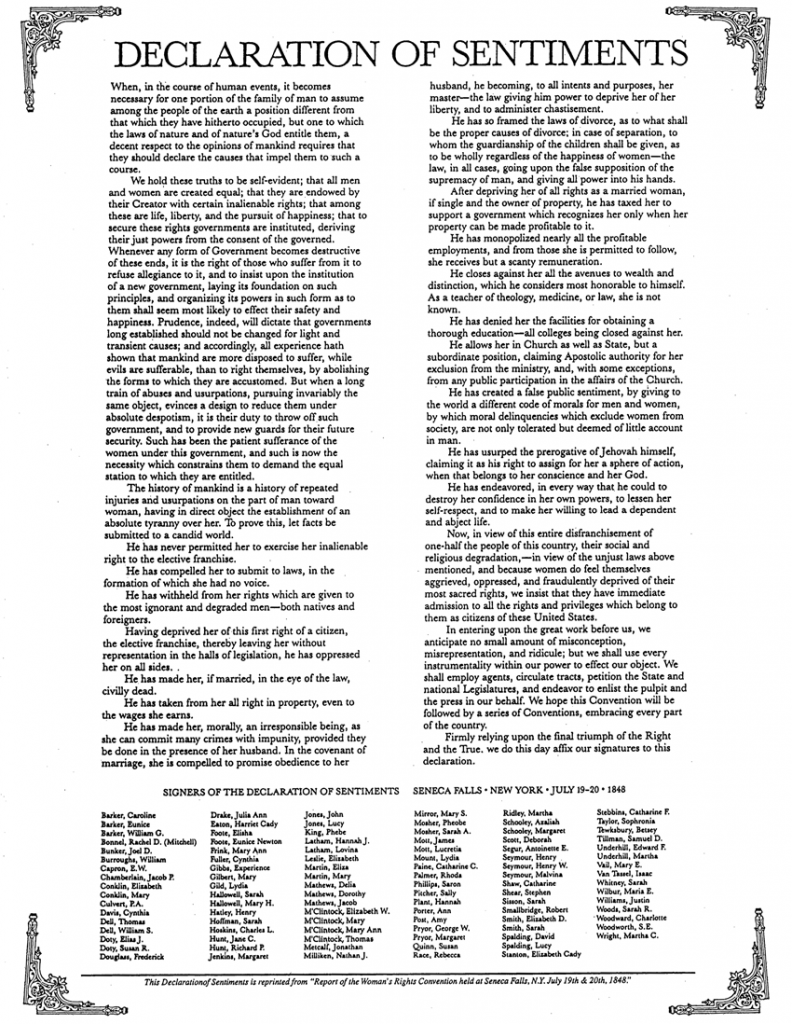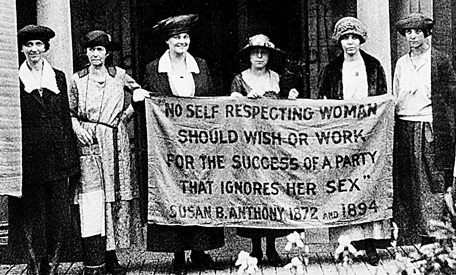During his colloquy with Senator Leahy, Judge Gorsuch offered an engaging summary of Justice Jackson’s concurring opinion in Youngstown. Alas, contrary to early reports, he did not say that the Youngstown framework applies to the pending case concerning the travel ban. Indeed, Gorsuch assiduously avoided any such answer. Rather, his discourse about Youngstown came in response to a question from Leahy about whether the President’s actions are subject to judicial review.
Here is a rough transcript (from a media aggregation service):
LEAHY: well, is the president’s national security determinations, are those reviewable by the court?
GORSUCH: senator, no man is above the law.
LEAHY: okay. because they’ve asserted that their national security determinations are unreviewable by the court. i’ve heard presidents — other presidents say that in the past. i disagree when they say that. do you disagree?
GORSUCH: senator, as a judge i i apply the law and the law here i think is “youngstown.” i look to justice jackson and justice jackson wrote a brilliant opinion in “youngstown.” now it’s important to know who he was —
LEAHY: i wrote a paper on that in law school.
GORSUCH: i know you did. we talked about it. and here was the fiercest advocate of executive power as fdr’s attorney general. fierce advocate of executive power and when he became a judge he said “the robe changes a man where it should.” and you go from being an advocate to being a neutral adjudicator. and the youngtown system of analysis when it comes to presidential power and foreign affairs has three categories. one, the president acting with the concurrence of congress. that’s when the president is acting at his greatest strength because they’re shared responsibilities in our constitution.this body has power of the purse and the power to declare war assigned to it in article one. when the congress and the president are in disagreement, that’s the other end of the spectrum spectrum. the president is acting at the lowest ebb of his authority. and when congress is silent, that’s the gray area in between. that’s how a court as opposed to a lawyer or advocate approaches the problem.
PATRICK LEAHY: well, let’s go to that then. president trump has declared torture works and he’s said, and i quote him “bring a hell of a lot worse than waterboarding.” in 2002 a memo from the office of legal counsel claimed that any effort by congress to regulate the interrogation ttd combatants would violate the constitution’s sole vesting of the vesting of the commander and chief in the president. now considering the fact that congress has passed a law on this, what controls?
GORSUCH: well, we have a convention against torture and implementing legislation which ban torture. we have the detainee treatment act which we talked about earlier which bans cruel and inhumane and degrading treatment. amendment. we also have an eighth
Then-Judge Roberts stated this fact clearly at his confirmation hearing during a colloquy with Senator Leahy:
SENATOR LEAHY: But let me ask you this: Is Youngstown settled law? Would you consider Youngstown settled law?
ROBERTS: I think the approach in the case is one that has guided the court in this area since 1954, ’52, whatever it was . . . . Youngstown’s a very important case in a number of respects; not least the fact that the opinion that everyone looks to, the Jackson opinion, was by Justice Jackson who was, of course, FDR’s attorney general and certainly a proponent of expansive executive powers . . .
As fate would have it, John G. Roberts clerked for Justice Rehnquist the term that the Court decided Dames & Moore v. Regan, 453 U.S. 654 (1981), which (mostly) reaffirmed Youngstown.
Ditto for then-Judge Alito:
SENATOR SPECTER: Judge Alito, I want to turn now to executive power and ask you first if you agree with the quotation from Justice Jackson’s concurrence in the Youngstown Steel seizure case about the evaluation of presidential power that I cited yesterday.
ALITO: I do. I think it provides a very useful framework. And it has been used by the Supreme Court in a number of important subsequent cases: in the Dames and Moore case, for example, involving the release of the hostages from Iran. And it doesn’t answer every question that comes up in this area, but it provides a very useful way of looking at them.
And then-Judge Sotomayor:
The best description of how to approach those questions was done by Justice Jackson in his concurring opinion in the Youngstown’s case. And that opinion laid out a framework that generally is applied to all questions of executive action, which is that you have to look at the powers of each branch together.
Same for then-General Kagan:
And we have actually never argued that Article 2 alone would provide such authority, and the question you raise really — the usual framework that people use when they think about this question is something called Youngstown, the — of course, Justice Jackson’s opinion in Youngstown. And he sets forth three different zones
So yeah, Jackson is the rule of law.











